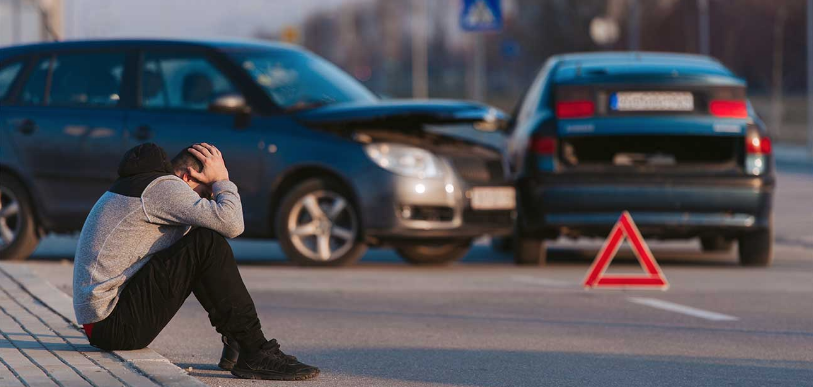
The best time to learn about what to do in the event of an emergency is before it happens. Just as it’s not very effective to try to piece together what you have seen about doing CPR while you are with someone who has had a heart attack, neither does it make sense to try to remember how you should respond on the scene after you have been in an automobile or motorcycle accident.
We urge you to take a moment now in advance of a vehicle accident to learn and understand the three most important things you can do to preserve evidence that might be helpful before its integrity is compromised.
DOCUMENT. If you are physically able and will not be putting yourself in danger, take photos of the scene and make notes if you can. If you have a smartphone, this will be easier. In addition to using the built-in camera, you can also use the “voice memo” app. Just open it and narrate what happened before, during and after—it can be transcribed later. Focus on documenting the following:
- Physical damage to any vehicles and surrounding structures.
- Injuries you, your passengers, and others have suffered.
- Road debris from the vehicles involved. Knowing how far items from the vehicles involved were thrown from the scene can assist an investigator in figuring out how fast the vehicles were going prior to impact.
- Skid marks on the road and/or any property damage incurred can help determine the angle from which your car may have been struck.
- Witnesses. Look for people who may have seen the accident. Ask them for their names and contact information so they can be contacted if needed. It is often impossible to locate witnesses after they have left the scene, so it’s important to talk to them at the time of the accident.
Again, if you are physically able to do so without putting yourself in danger, taking the time to create this sort of documentation of the accident will give your attorney the information they need to build a strong case if the circumstances demand it.
RECOVER. Your car accident attorney may need to help obtain the following types of information, but recovering it can be critically important in validating your case and defending your insurance claim if needed:
- Video Footage. You may not have ever noticed them before, but many buildings have video cameras integrated into their security system. When it’s likely these cameras recorded your accident as it occurred, this evidence will help your attorney understand what happened and build your case accordingly if it is warranted.
- Onboard E-Data. Commercial trucks and even some newer private vehicles record data electronically such as the speed of the vehicle prior to the crash that we may be able to obtain through legal channels.
CONSULT/HIRE. An experienced personal injury attorney knows how to gather, investigate, preserve, and present the evidence needed to represent your vehicle collision claim in the applicable jurisdiction. For example, one thing an attorney may do is send a “letter of spoliation” to the other party involved to keep them from tampering with or destroying evidence. These types of letters frequently request that the other vehicle not be fixed until your legal team has been able to take pictures.
At the Law Offices of Arthur C. Crum, PA, we understand that the period following a vehicle accident is often a challenging time for you and your family. For more than 30 years, we have been helping individuals who have been injured in vehicle accidents to understand the status of their case and the path we recommend to resolve it. This includes meeting with each client to explain the legal process and review the appropriate testimony and documents so that we can have the best chance possible of obtaining all the benefits and compensation they are entitled to under the law.
Arthur C. Crum, Jr. has championed the rights of individuals who have been injured, working to ensure that they are compensated for their loss. As your legal representative, Mr. Crum calls upon more than 30 years of legal experience in cases involving workers’ compensation, serious car accidents, personal injuries, and wrongful death. For more information, call 301-662-4088 or email [email protected].

